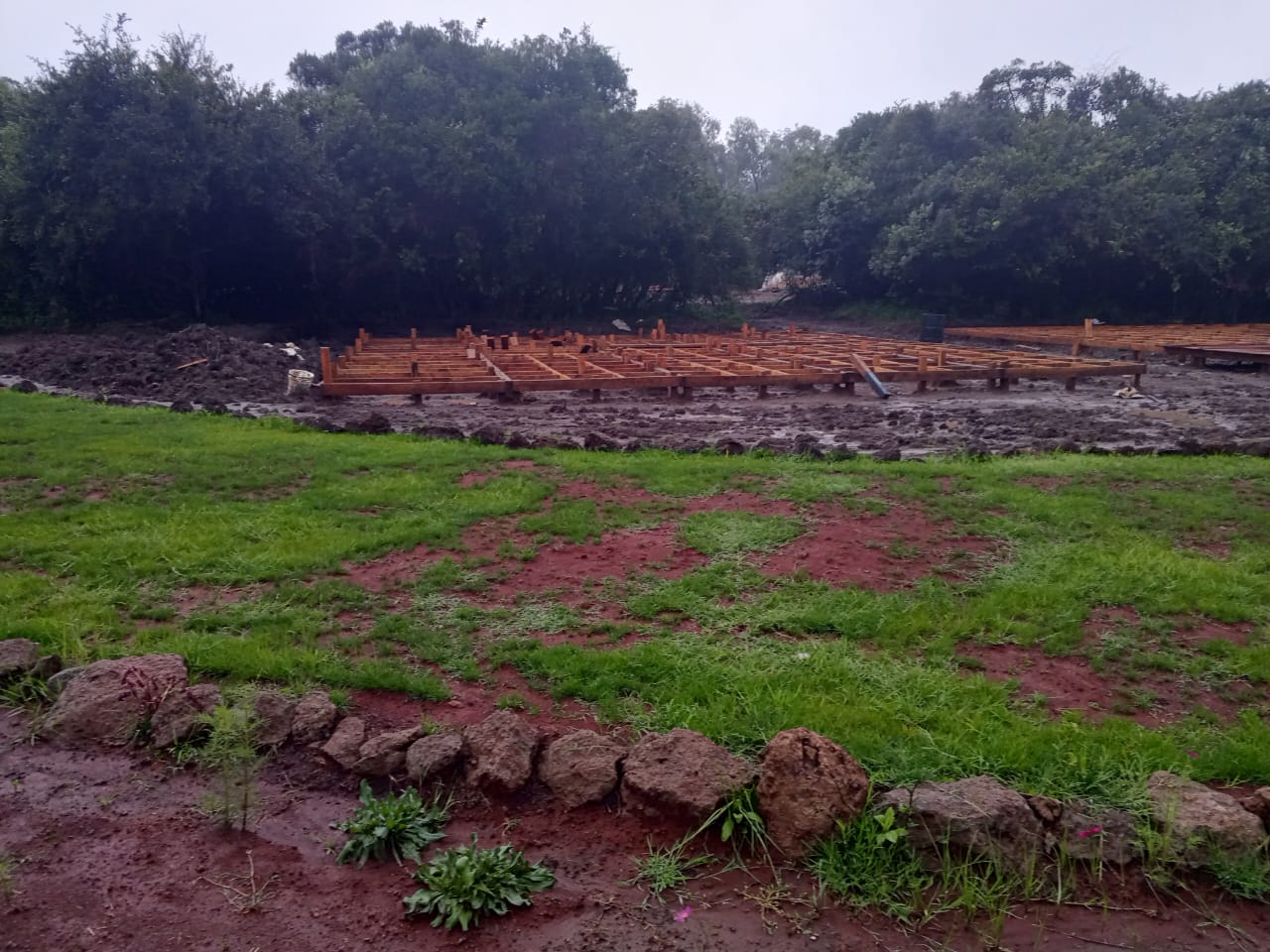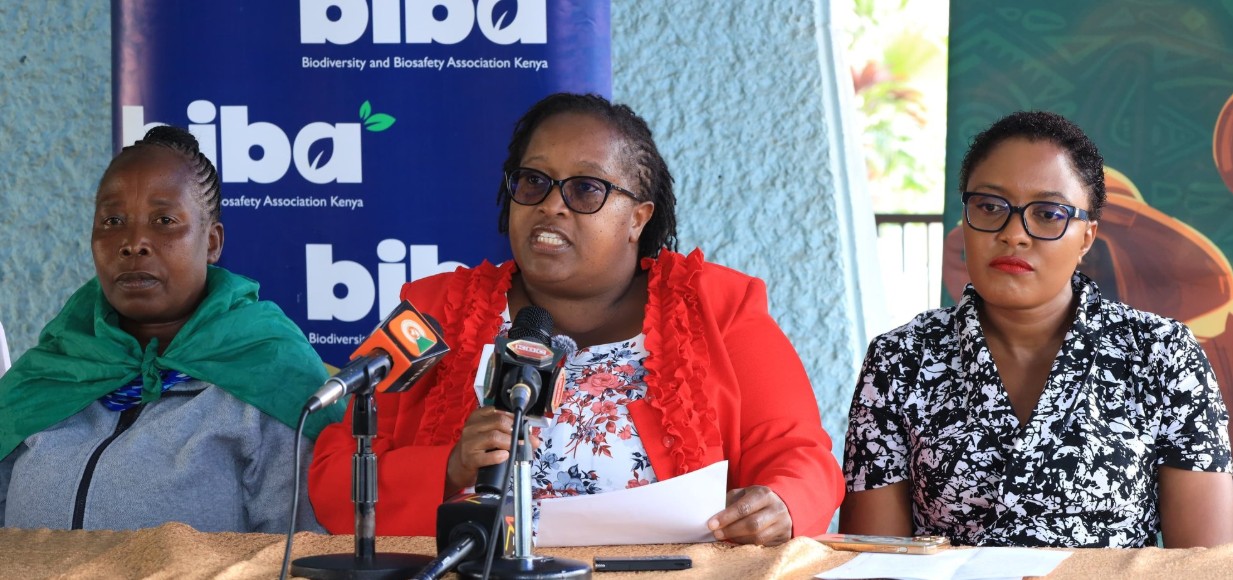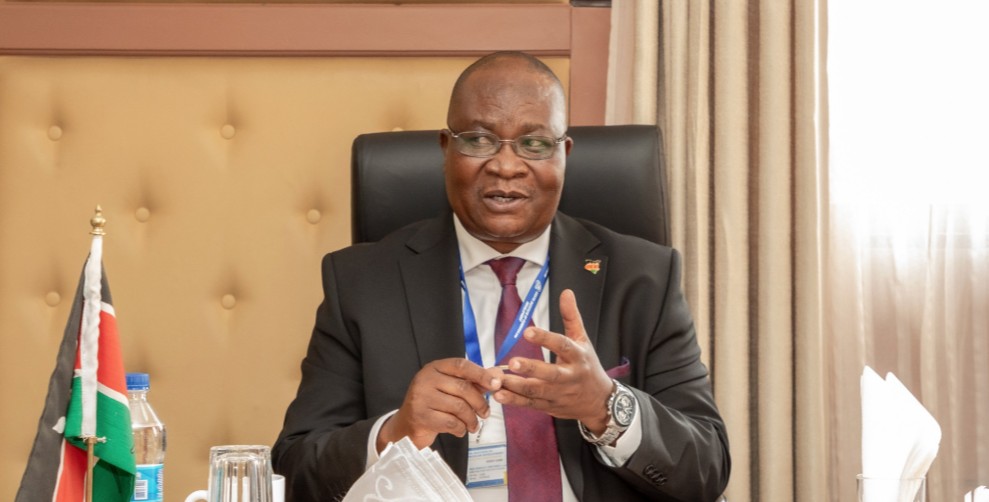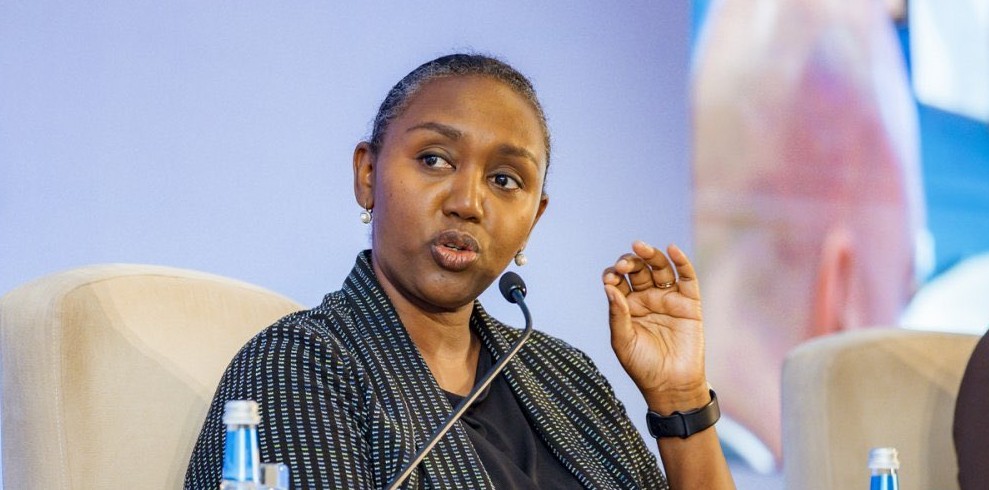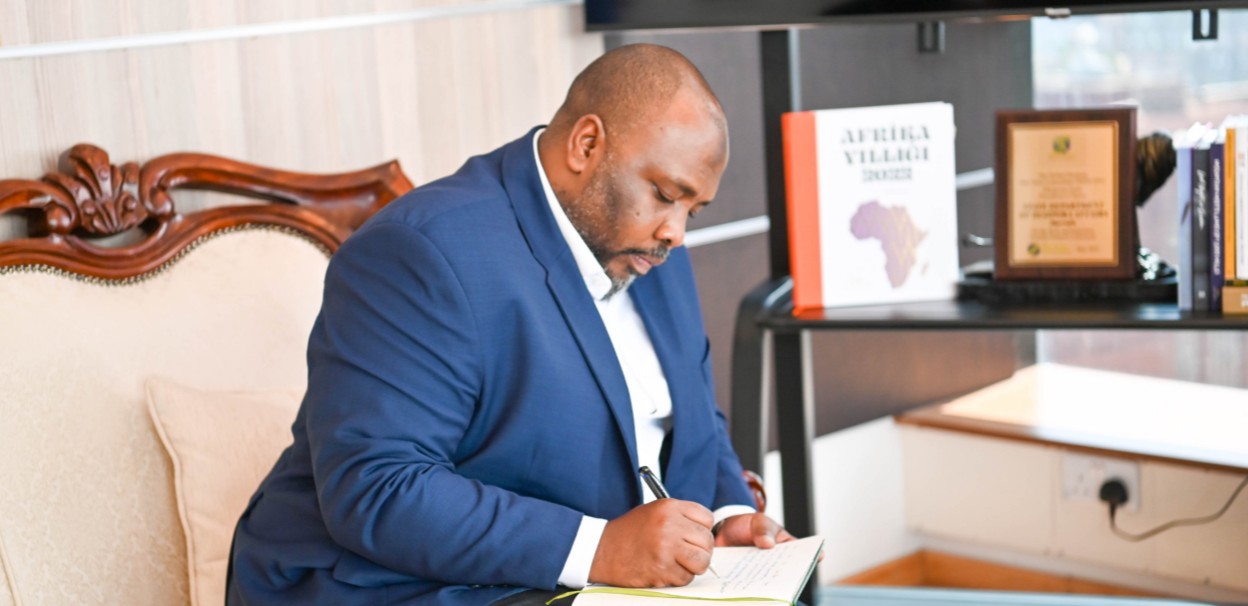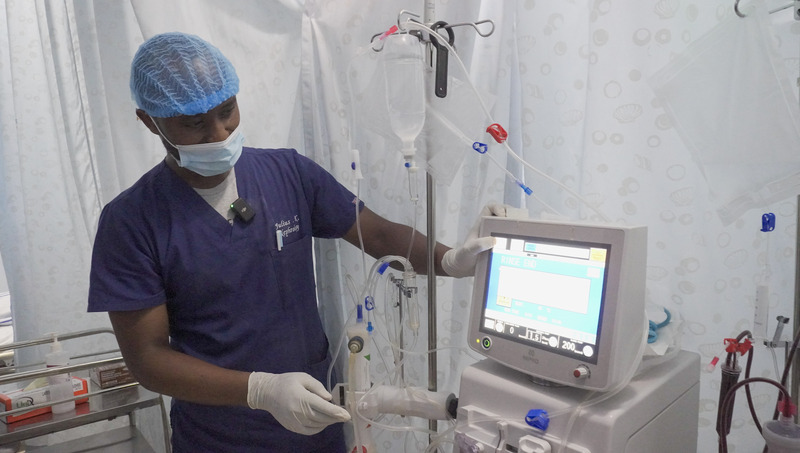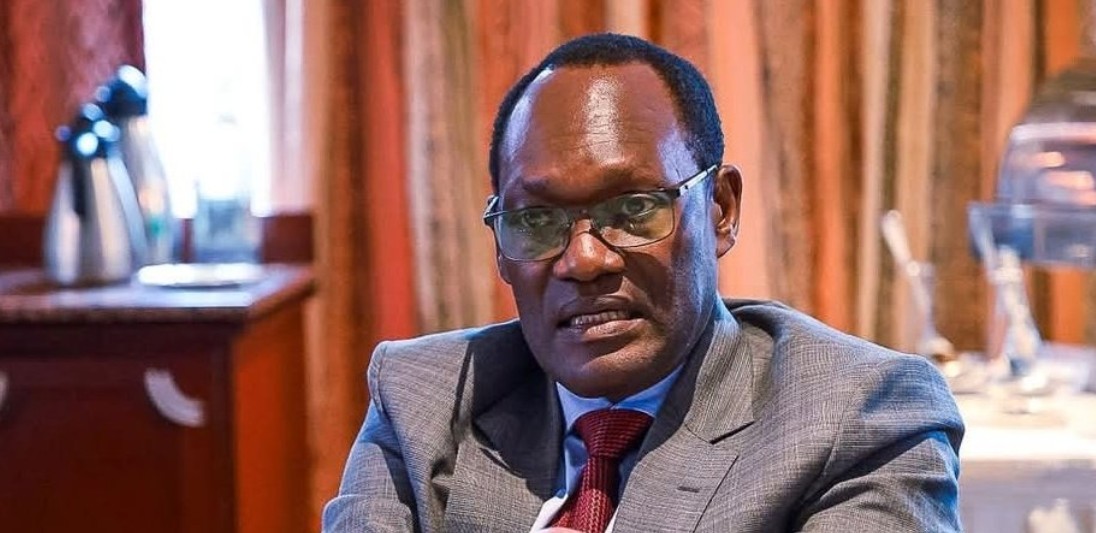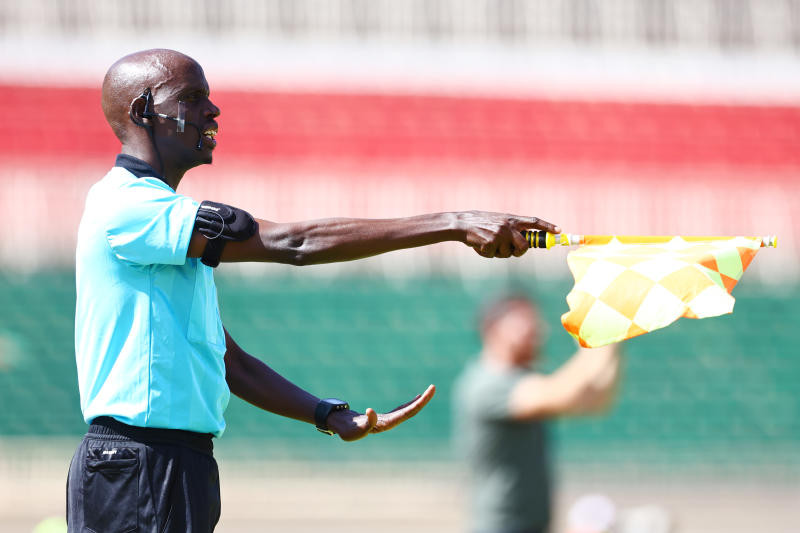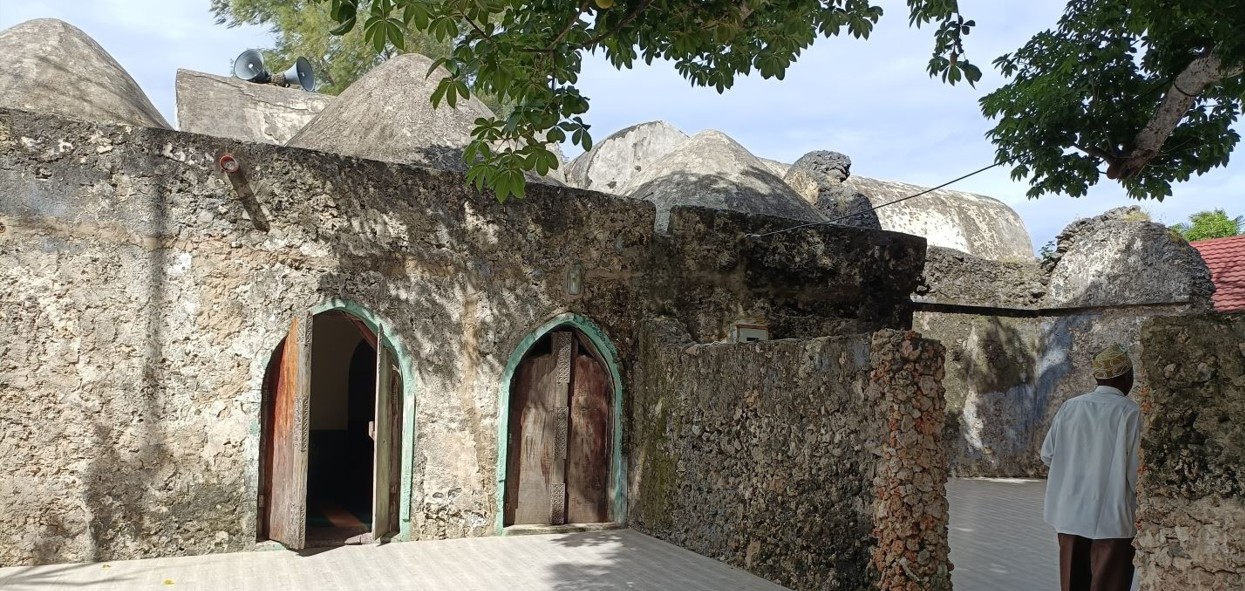Moi University under fire for spending Sh29.8 million to construct a gate
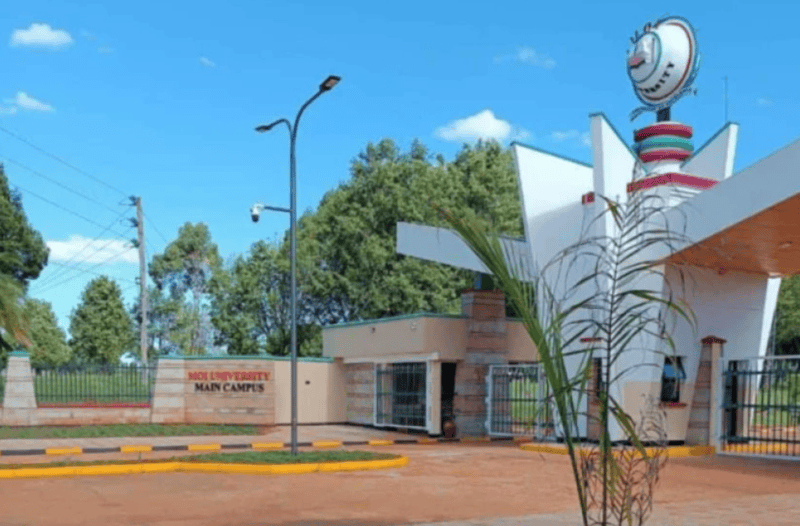
The revelations come at a time when Moi University lecturers have gone on strike, citing numerous challenges plaguing the institution.
Moi University management has come under scrutiny after an audit revealed that the institution spent Sh29.8 million on two separate projects to construct a gate.
The details were presented during a session of the National Assembly’s Public Investments Committee on Education.
More To Read
- Moi University sacks over 900 staff due to financial strain
- UASU sues Moi University over planned job cuts
- UoN, KU among universities owing CUE Sh750 million debt in quality assurance fees
- Moi university to lay off employees amid financial challenges
- Ruto drops Kimtai as Medical Services PS, nominates ex-kmpdu boss Ouma Oluga
- Moi University Vice Chancellor sent on 8-month leave as part of sweeping leadership changes
Appearing before the committee, the Institution Vice Chancellor Prof. Isaac Kosgey explained that the university initially had a budget of Sh4.8 million for the project.
However, the plan was abandoned after the Kenya Rural Roads Authority (KeRRA) informed the university that the proposed gate was situated on a road reserve.
“We were forced to abandon the first project because we were advised by KeRRA that the gate was on a road reserve,” Kosgey said.
Following this, the university tendered a new gate at Sh25 million, which led to questions from the audit team. MPs were particularly concerned about how the entire amount was paid despite the gate remaining incomplete.
“You build a gate of Sh24 million and yet you are insolvent? What is on this gate, is it a storied gate?” chair of the Committee and Bumula MP Jack Wamboka posed.
In addition to the gate project, the audit report highlighted further financial irregularities within the university. It was revealed that employees had diverted Sh7.7 million in student fees into a private account associated with the institution’s welfare scheme.
Kosgey acknowledged the fraud and said disciplinary action had been taken.
“It was a case of fraud where some employees colluded with the bank to fleece the school. The employees involved were sacked, although one was reinstated following an appeal,” he said.
The session also brought to light the university’s acquisition of the struggling textile company, Rivatex. It was reported that Moi University secured a Sh3 billion loan from Exim Bank to modernise the facility after initially spending Sh600 million to buy it. However, Rivatex posted a Sh300 million loss in the financial year ending June 2023.
The committee questioned the university’s decision to invest in a textile company while its core mission is education, with Wamboka pointing out that only 600 out of the 30,000 students enrolled are pursuing textile-related courses.
“If you were given Sh3 billion, would you not improve learning facilities? Are you getting value for money?” Wamboka asked while urging the university to rethink its priorities.
In response, Kosgey noted that the decision to acquire Rivatex was made when the university was financially stable.
“We had money up to 2008 and it was decided we buy Rivatex as a lab for our students. In 2017, the government came in and there was a discussion on it and we used Sh600 million,” he said.
The revelations come at a time when Moi University lecturers have gone on strike, citing numerous challenges plaguing the institution.
The lecturers, under the Universities Academic Staff Union (UASU) Moi University chapter, have called for the dissolution of the university's council, accusing it of mismanagement and misappropriation of funds.
Led by UASU Moi chapter chairman Richard Okero and national trustee Jane Michael, the lecturers outlined several grievances that prompted their industrial action.
Among the key issues raised were unpaid salaries since July 2024 and a three-year delay in remitting loans, pension contributions, and National Social Security Fund (NSSF) payments.
They also highlighted that Moi University remains the only institution that has failed to implement the 2017-21 Collective Bargaining Agreement (CBA), leaving staff with outdated salary scales and arrears.
Additionally, lecturers complained about unpaid supervision allowances for student industrial attachments and teaching practice, even though students are charged separate fees for these activities.
The lecturers also urged the Ethics and Anti-Corruption Commission (EACC) to launch an investigation into the alleged disappearance of over Sh1 billion under the new funding model.
Top Stories Today


